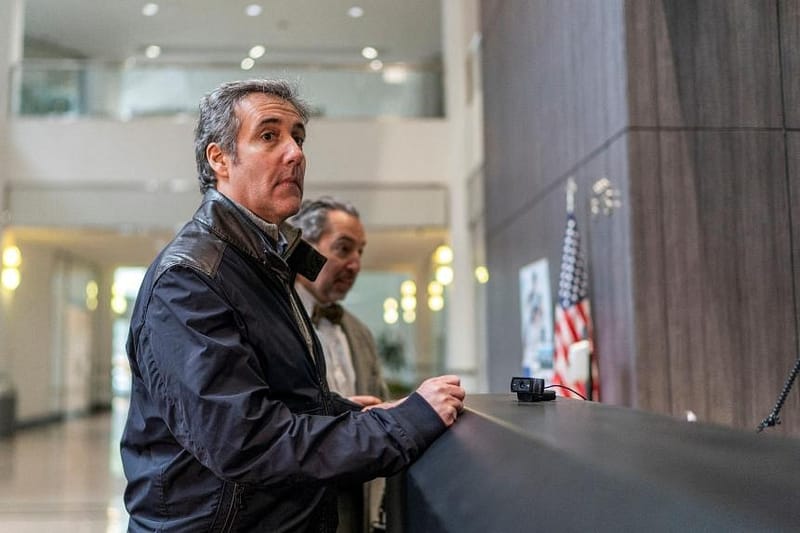Supreme Court Backs Virginia's Voter Roll Purge: A Landmark Victory for Election Integrity
Washington, D.C. — In a decision that reverberates through the corridors of electoral politics, the Supreme Court of the United States has ruled in favor of Virginia's initiative to remove approximately 1,600 individuals, identified as noncitizens, from its voter registration rolls. This decision, made just days before
Washington, D.C. — In a decision that reverberates through the corridors of electoral politics, the Supreme Court of the United States has ruled in favor of Virginia's initiative to remove approximately 1,600 individuals, identified as noncitizens, from its voter registration rolls. This decision, made just days before the election, underscores a significant victory for advocates of election integrity, signaling a potential shift towards stricter voter roll maintenance nationwide.
The case revolved around Virginia's program, initiated under Governor Glenn Youngkin's executive order, which aimed to cleanse the voter rolls of ineligible voters, specifically those suspected of not being U.S. citizens. The state argued that these measures were crucial for maintaining the sanctity of the voting process, ensuring that only individuals legally entitled to vote in the U.S. are registered.
Critics of the program, including civil rights groups and the Biden administration, raised concerns over the potential disenfranchisement of eligible voters. They pointed to instances where naturalized citizens might have been mistakenly identified as noncitizens due to outdated information or clerical errors, especially when referencing Department of Motor Vehicles records where citizenship status might have changed but not updated in state databases.
However, the Supreme Court, in a 6-3 decision along ideological lines, with conservative justices in the majority, upheld Virginia's right to proceed with the purge. This ruling effectively overrides a lower court's injunction that had temporarily halted the process, arguing it violated the National Voter Registration Act's (NVRA) prohibition against systematic purges close to election dates.
The significance of this decision cannot be overstated:
- Election Integrity: Proponents argue that this ruling reinforces the principle that maintaining accurate voter rolls is fundamental to election integrity. They contend that the presence of ineligible voters on the rolls undermines public trust in the electoral process, potentially affecting the outcome of elections.
- Political Implications: The decision has sparked a heated debate on how far states can go in their efforts to keep voter rolls clean. Republicans generally celebrate this as a step towards safeguarding elections from what they see as potential fraud, while Democrats and voting rights advocates worry about the chilling effect this might have on voter turnout, especially among marginalized communities.
- Legal Precedent: This case might set a precedent for other states looking to implement or defend similar voter list maintenance programs. Legal scholars are already discussing the implications for future elections and the balance between voter access and election security.
- Public Reaction: On platforms like X, reactions range from celebrations of enhanced election security to condemnations of potential voter suppression. The discourse highlights a divided opinion on what constitutes fair and necessary measures for electoral integrity versus overreaches that could suppress legitimate votes.
This Supreme Court decision, while bolstering the argument for election integrity, also casts a spotlight on the NVRA and how it's interpreted. It poses questions about the balance between ensuring only eligible individuals vote and preventing the disenfranchisement of those who are rightfully entitled to participate in democracy. As election day approaches, this ruling will undoubtedly fuel further debate on voting rights, potentially influencing legislative and administrative actions in states across the U.S.




